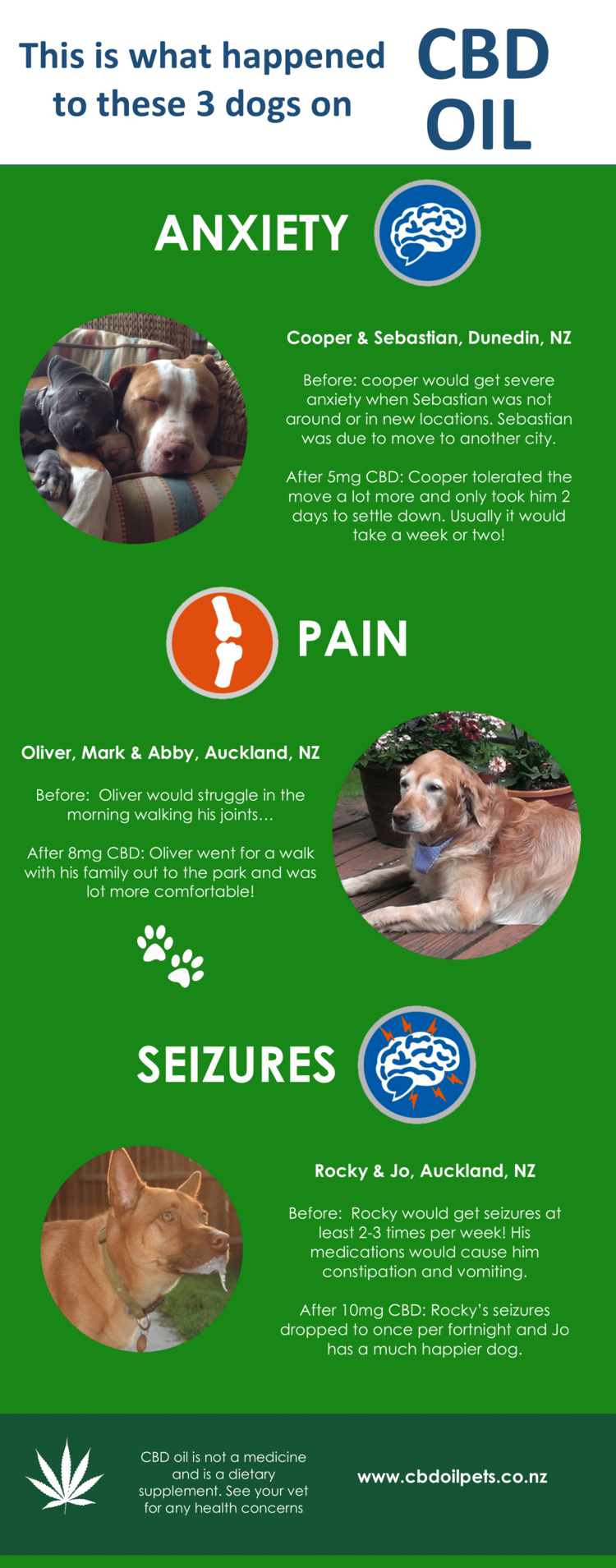What Is Dog Boarding
What Is Dog Boarding
Blog Article
Can Canine Day Care Cause Ailment?
Pet dogs in day care receive lots of exercise, socializing with various other canines and unique experiences. This can be specifically practical for young puppies and canines with behavior problems.
There are a number of legal factors to consider you require to think about when starting a doggy day care service. These consist of the framework of your organization and conformity with government policies.
1. Dog Distemper
Canine distemper is spread out with straight contact with the physical liquids and waste of a contaminated pet, yet it can likewise be transferred by means of common water and food bowls or via air-borne beads. This very contagious illness is most dangerous for puppies, but it can affect canines of any type of age and is deadly for a lot of if left unattended.
Initial signs and symptoms of canine distemper often mimic a common cold, including runny eyes and nose with watery or pus-like discharge. As the disease progresses, a canine will develop fever, coughing, reduced appetite, throwing up and looseness of the bowels. The infection can likewise assault the nerve system, leading to seizures, jerking and partial or complete paralysis.
Respectable day cares minimize direct exposure to infection by needing vaccinations, routine health examinations and adhere to rigorous health methods. If your puppy seems overly exhausted or limping, a day of rest might aid him recoup, however you ought to prevent taking him back to day care up until these signs clean up.
2. Kennel Cough
Kennel coughing, additionally referred to as contagious canine tracheobronchitis or Bordetella, is an extremely contagious viral or bacterial disease that influences the breathing tract. It's typically transferred via the exchange of saliva or air beads that an ill canine exhales. Social dogs go to greater danger for infection because of their frequent communication with each other, such as when they play, share food or water, sniff one another or merely satisfy in a congested atmosphere like a dog park or daycare.
One of the most usual sign of kennel cough is a persistent and strong cough that sounds like something embeded the throat or retching. Commonly, pet dogs will cough up foamy white phlegm. If left without treatment, a canine can develop pneumonia and go to severe risk for life.
A reputable childcare facility should have rigorous cleansing and cleanliness protocols, disinfect all toys, food and water bowls routinely, and be open concerning their inoculation policies. Keeping your dog approximately date on their vaccinations, especially for bordetella and canine influenza, will substantially minimize their possibilities of contracting the health problem.
3. Parvovirus
Canine parvovirus, or parvo, is an extremely contagious viral ailment that can be dangerous for young puppies and young person pet dogs with poor immune systems. It's most generally spread by direct contact with polluted dog feces-- which can take place when canines smell, lick, or preference infected boarder collie dog feces-- and indirectly from infected people, things, or atmospheres (like kennels, grooming areas and yards). Pups and canines without complete inoculation histories are specifically susceptible to parvo.
The infection is incredibly resistant, making it through in the setting for as much as nine years, and can conveniently be transferred in between canines by call through feces or on footwear, clothes, and bed linens polluted with parvovirus. Otherwise treated quickly with IV fluids, electrolyte equilibrium, throwing up control drugs and anti-biotics to avoid second bacterial infections, a pet will quickly dehydrate and create severe looseness of the bowels, which leads to shock and blood poisoning. Parvo is difficult to treat once a pet dog has actually ended up being ill, yet with suitable vet care, lots of puppies do endure this ailment.
4. Dog Flu
Canine influenza infection is highly transmittable and spreads through direct call, sharing food and water bowls, licking or nuzzling other pet dogs, through airborne beads, and through polluted surface areas. Vaccination works in lowering the danger of infection and episodes.
Most impacted pets develop a moderate respiratory system infection with a cough that lasts 1-3 weeks. They may additionally have nasal and ocular discharge, sneezing, and lethargy. Several of the most major instances result in pneumonia and a high fever.
If your canine shows any of these signs, do not bring them back to childcare until they are healthy. If your pet dog is revealing indicators of extreme tiredness or hopping, talk to your veterinarian right away and ensure they get on healthiness supplements to help develop their resistance. A veterinarian will assess your pet dog for signs and symptoms of the flu by taking a sample from the nose or throat, and blood examinations can be done to validate.